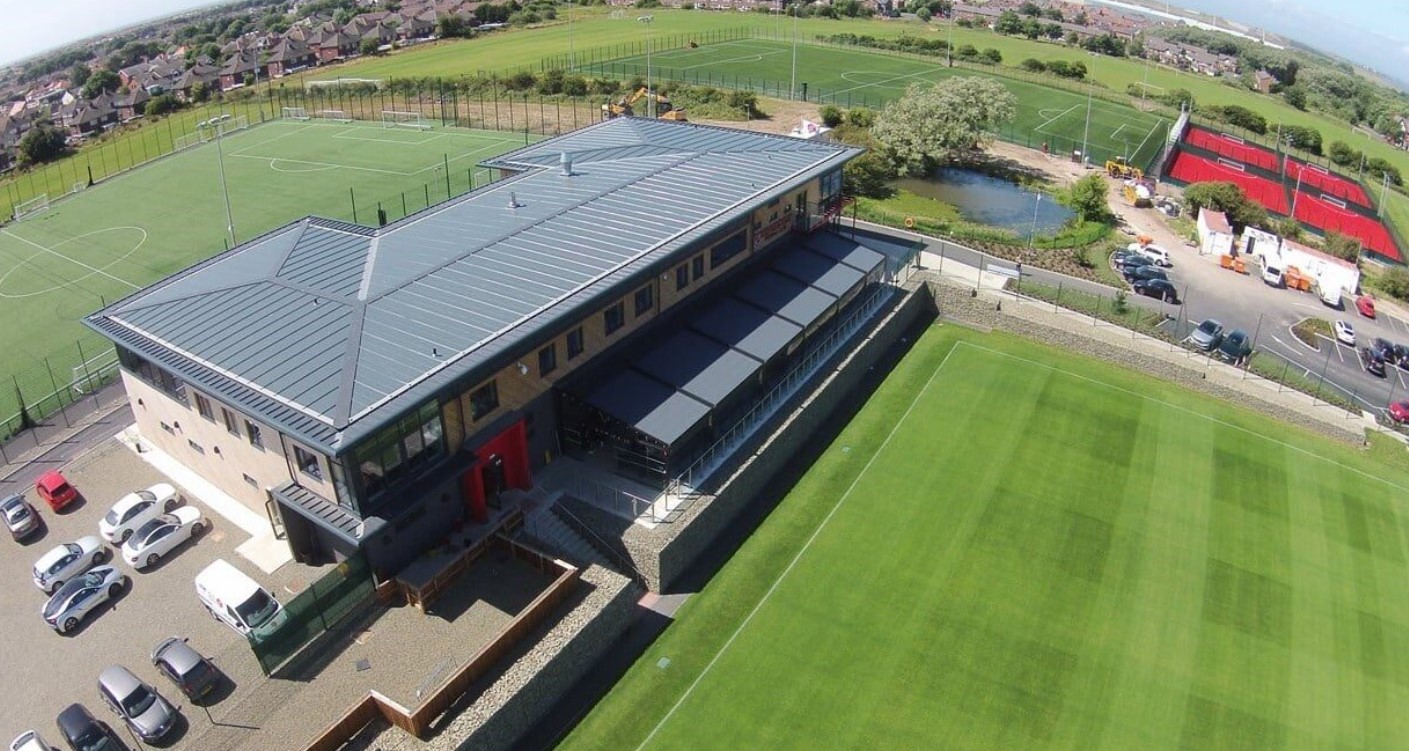First there is the Foundation phase
In the foundation phase, from U9 to U11, you play matches on a Sunday, and there are usually about 28 matches a season. It is important to note that in this foundation phase the matches are 8 a side. Once a player progresses up to the youth development phase, from the U12’s onwards, the matches increase to a normal 11 a side.
Then you progress to the Youth development phase
Once you get to the U12’s the coaching hours increase, the actual hours depending on the category of the individual academy.
For all details of the nuts and bolts of these hours and other important official information, we would strongly advise you type into Google “EFL youth development Charter, players and parent’s guide”. It’s not exactly fun reading, but all the relevant facts are there if you want to find out stuff which is far beyond the scope of this book.
Players of all ages are given football “homework”, such as drills to practice at home. There may also be dietary advice for parents, and because improving a player’s athleticism and agility is so important, the boys are encouraged to play other sports at school as well as football.
As a player gets older, the club monitors every individual player’s progress carefully. Is this the new Wayne Rooney? When it is time to renew the schoolboy contract every year or two years, the coaches have a decision to make, but the real crunch comes when a player reaches their Under 15’s season. With the critical U16’s season approaching, the club calls in a player and his parents and to discuss the way forward. Only the very best of that year group will be offered a Scholarship to join the Professional Development Phase, and become part of the club’s Youth Training Scheme.
At all clubs, this is the age when most players get released by clubs, and we devote a whole chapter to these players and what happens to them later. (Section 1b Chapter 6).
Finally we reach the Professional development phase
If you are one of the fortunate ones, and you get offered a scholarship, your life changes. Usually the bigger clubs will encourage you to live near the club, and a player will be offered free board and accommodation. You will be encouraged to continue your education, either at the club, or a local college. You get paid as well, about £130 a week, or £7,000 a year. You will play for a minimum of 12 hours a week, and each age group plays at least 20 matches a year.
Usually this scholarship contract is for 2 or 3 years, and will allow a player to progress through the youth team to the U18’s, the U21 or U23 teams.
Professional contracts
For the exceptional players, a club may offer a professional contract at the age of 17. The earliest a player can sign a contract is on their 17th birthday, but this is the exception rather than the rule. Usually, a player signs a pro contract when their scholarship contract expires, so when a player is about 18 or 19. Subsequently a player may play for an U23’s team or be loaned out to a club in a lower division to gain match experience, when a player’s attitude is closely monitored.
So that is a player’s journey over time at an academy. Here at UK Football Academy Finder we hope you have found this a help on your football journey.


